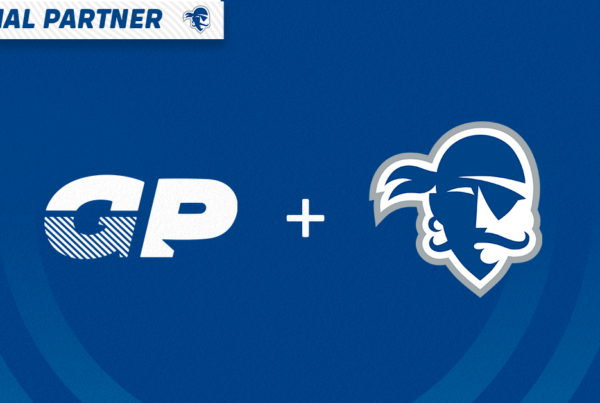We talk a lot about the student-athlete experience in terms of their athletic, academic, and career development. While these are all important pieces of a student-athlete’s development, perhaps the most important skill a student-athlete can develop is the ability to manage their finances. Forward thinking athletic departments have begun to introduce financial literacy programs to familiarize their student-athletes with the personal finance basics necessary for financial success in college and beyond.
Personal finance basics like budgeting, saving, and investing are vitally important concepts that everyone should be acquainted with—especially students with five or six-figure student loan debts to repay. The importance of financial literacy cannot be overstated—and by learning these principles early on, students are in a better position to manage their money later in life.
As former Federal Reserve Chairman, Ben Bernanke, pointed out in 2012, “Financial education supports not only individual well-being, but also the economic health of our nation. Consumers who can make informed decisions about financial products and services not only serve their own best interests, but collectively, they also help promote broader economic stability.”
No one can argue with the former Fed Chairman that the world would be a truly better place if everyone treated their finances more carefully. Unfortunately, many undergraduate students admit to having a limited amount of knowledge when it comes to personal finance.
Last year, U.S. Bank Corp. surveyed the personal financial literacy of over 1,600 undergraduate students between the ages of 18-30. They found that 44% of those surveyed admitted to “having little to no knowledge on creating and maintaining a budget.” What’s worse, over 20% of participants admitted to not even using a bank!
It’s clear that undergraduates are in serious need of a basic, personal finance education. So, what are some of the best ways to help students get the financial education they need to be successful in college and beyond?
Whether it’s through on-campus speakers and workshops, online learning or a combination of both, schools are looking for new ways to engage student-athletes around this content. Earlier this year, Arizona State University introduced a new personal finance, business, and law hybrid course designed to teach student-athletes that are likely to go pro about the legal and business issues they’ll face at the professional level. Governing bodies like the NCAA have also offered financial awareness best practices for student-athletes along with a list of useful personal finance resources.
Recently, Game Plan also announced a partnership with Wells Fargo to deliver its Hands On Banking™ financial literacy program to over 40 athletic departments through Game Plan’s student-athlete development platform. These modules begin with the personal finance basics and terminology appropriate for incoming college freshman. Hands On Banking™ also includes more advanced content like best practices for investing, job search and interviewing, and building credit that can be used by academic and life skills advisors to conduct financial literacy workshops.
By leveraging Wells Fargo’s personal finance expertise, the program aims to enhance the current life skills and academic support being offered on campus to student-athletes today. By offering eLearning modules through the Game Plan platform, we’re able to reach the largest possible number of student-athletes—wherever they are. It also gives academic and life skills advisors the ability to track their student-athletes’ engagement as they complete various eLearning modules and other assignments.
There are many ways to support student-athletes with financial education that can better prepare them for their time on campus and beyond college. Regardless of the methodology, supplementing current academic and life skills programing with personal finance education is now a necessity in athletic departments today.









